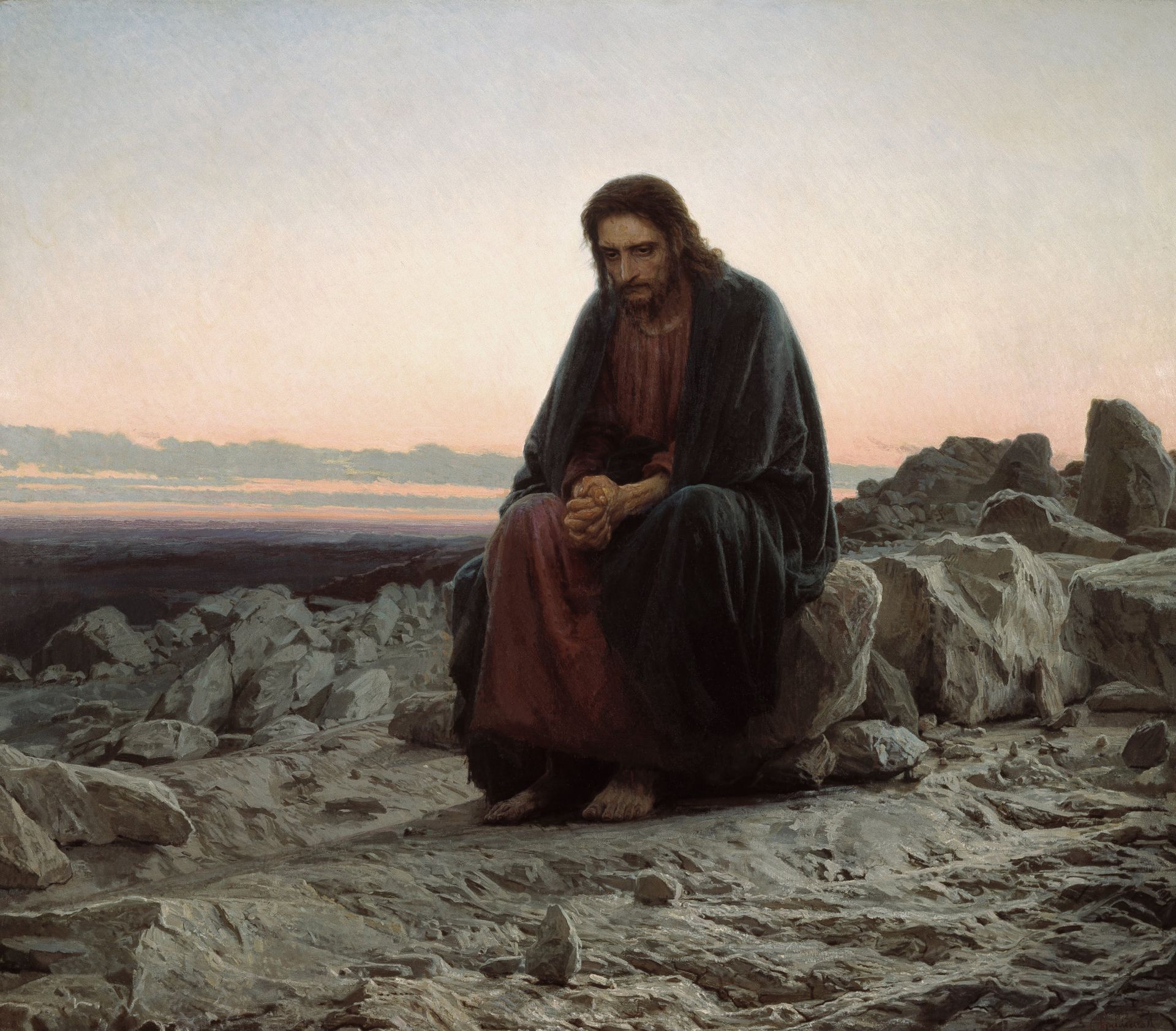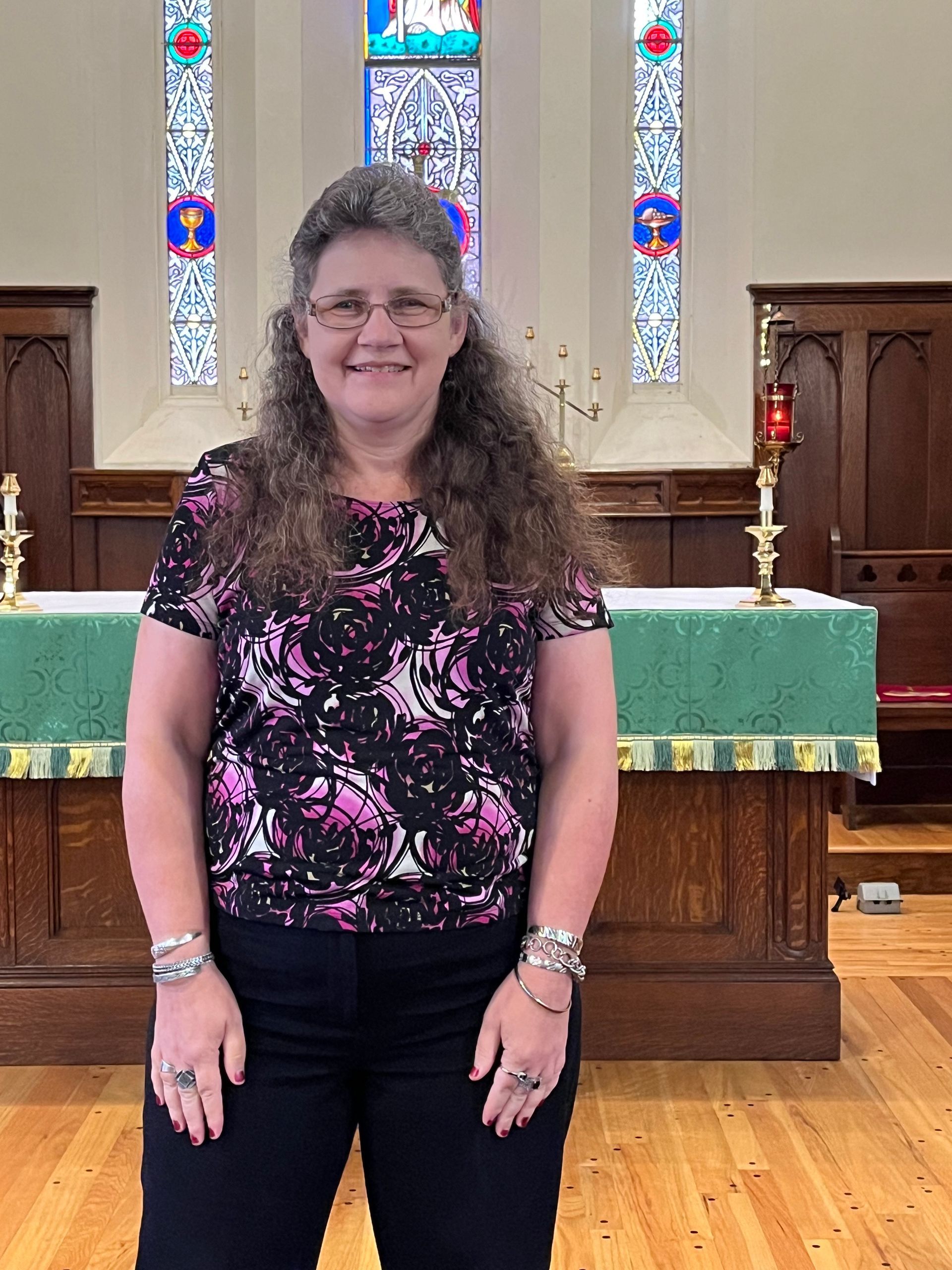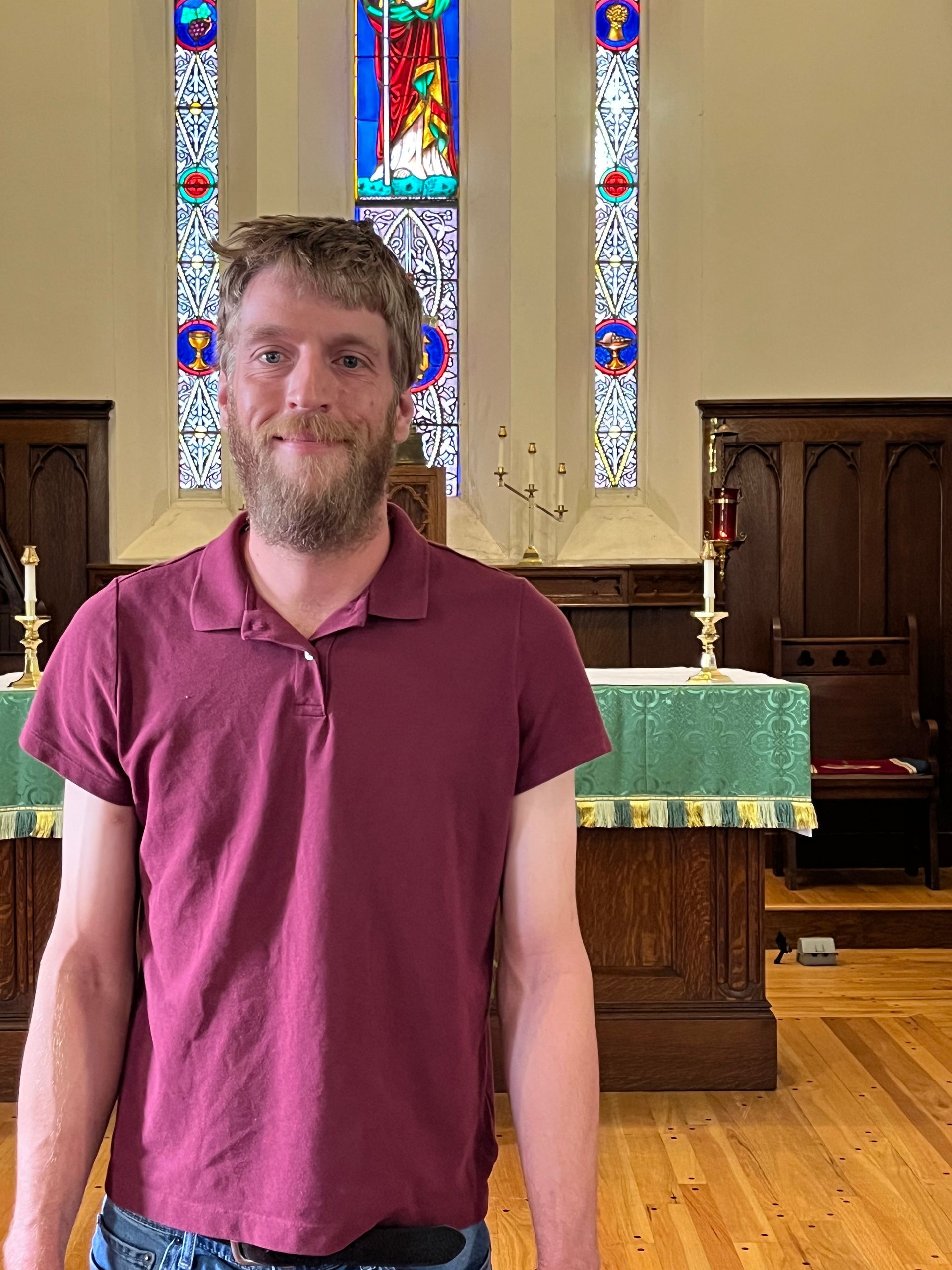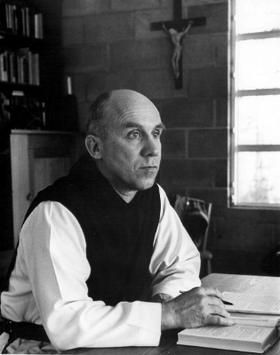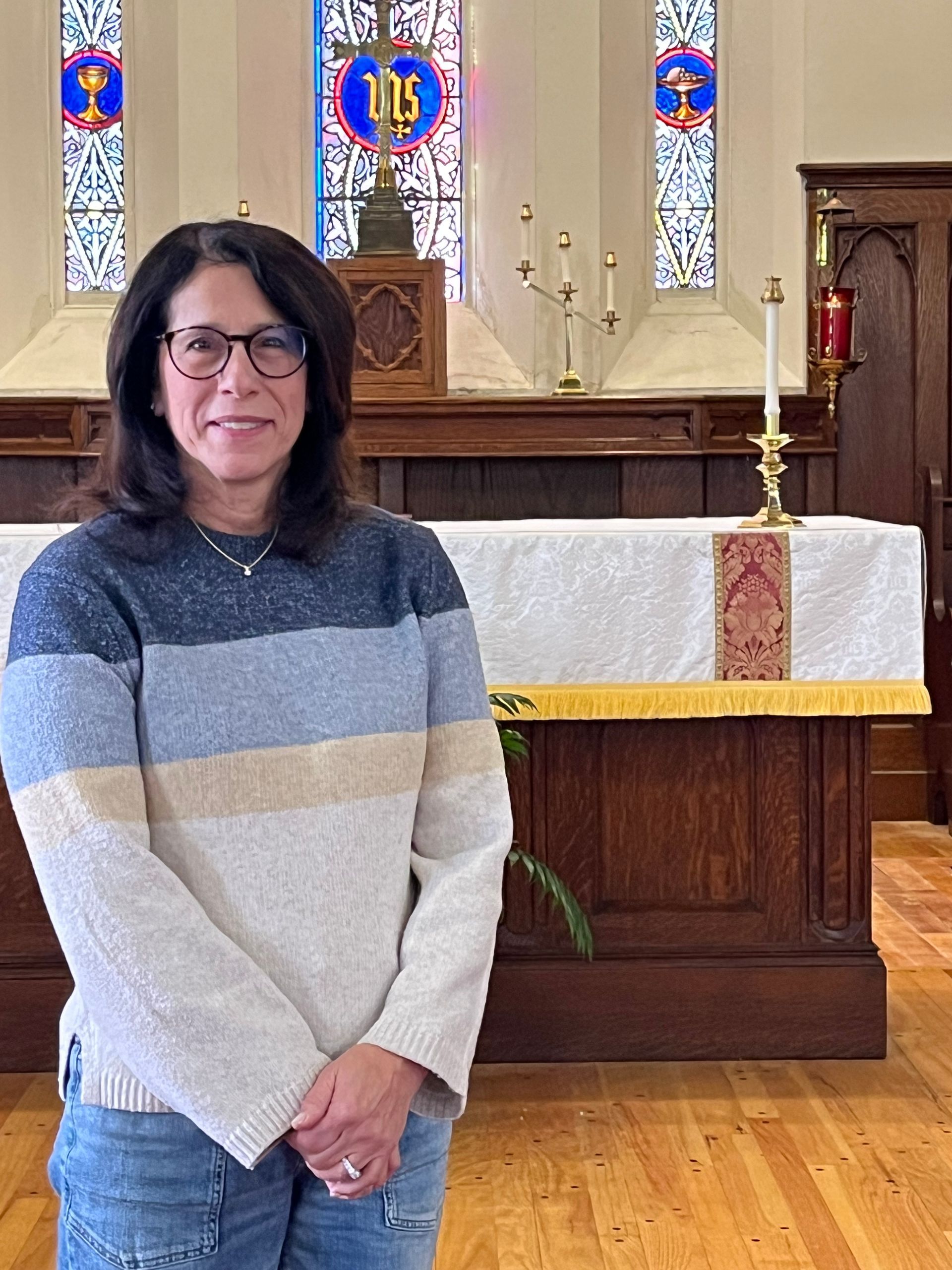Sunday, March 16
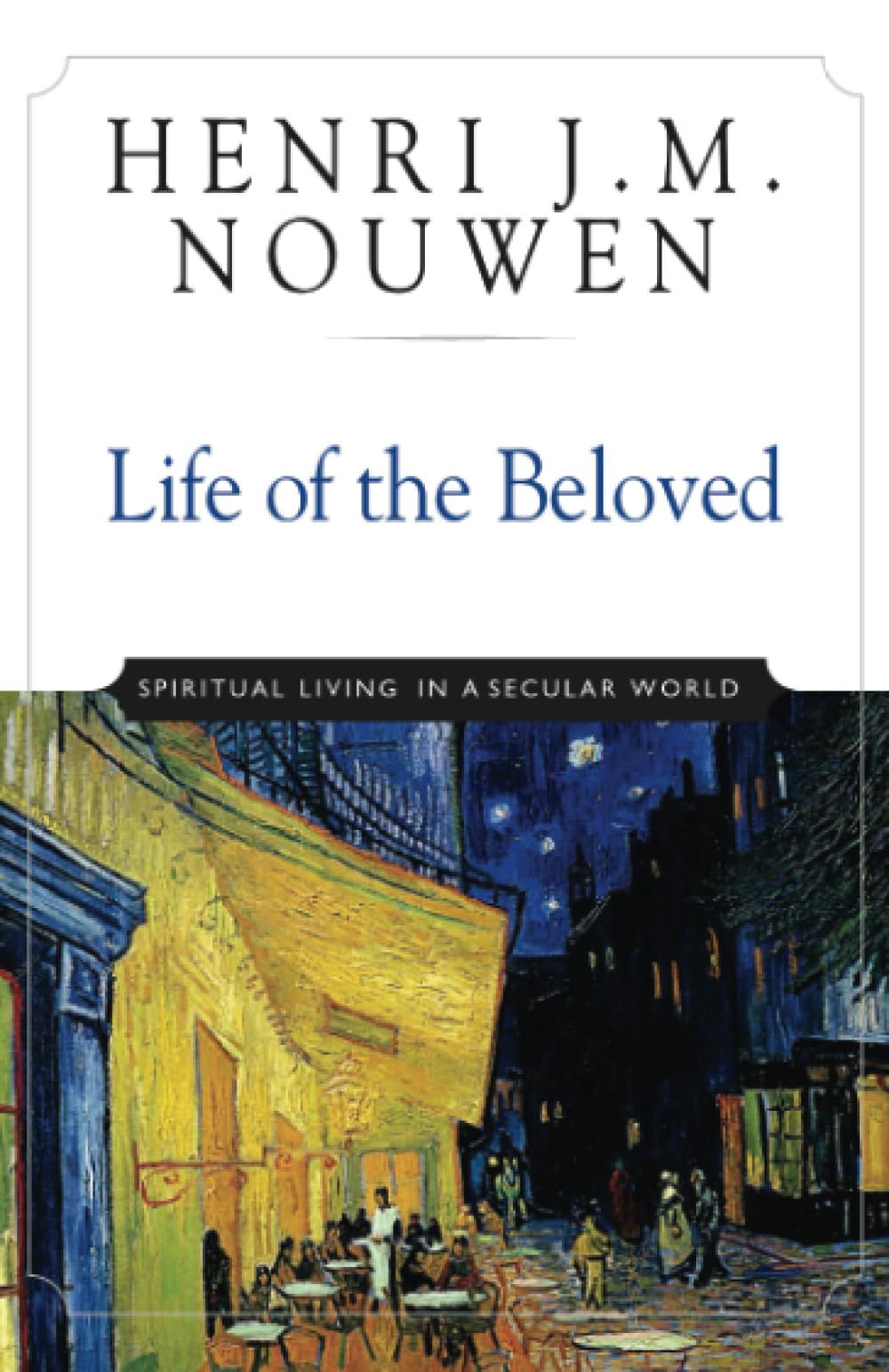
This upcoming Tuesday, March 18, we will have our first session of our Lenten Book Study on Henri J.M. Nouwen’s book Life of the Beloved. The sessions we be on zoom at 7pm, all are welcome. Please let me know if you’d like to join the conversation so I can send you the link.
This book was written as a letter to one of Nouwen’s friends called Fred. Fred asked Nouwen to write something for him and his friends about the spiritual life. He desired something to help them, people without deep religious or spiritual connections, in their searching. In response to this request, Nouwen opens the first chapter with how this project emerged: “Ever since you asked me to write for you and your friends about the spiritual life, I have been wondering if there might be one world I would most want you to remember when you finished reading all I wish to say . . . It is the word “Beloved,” and I am convinced that it has been given to me for the sake of you and your friends” (25). The rest of the book, a sort of letter of love, is an intimate and passionate message about what it means to be and live as the Beloved of God.
Fritz and I settled on this book for our Lenten program back in the fall. All I can say is, thank you Holy Spirit for the inspiration, because this book is essential reading for these days. Over the last couple of months, there is one particular passage that keeps coming to my mind. Early on in the book Nouwen writes, “It certainly is not easy to hear that voice [claiming you as Beloved] in a world filled with voices that shout: “You are no good, you are ugly; you are worthless; you are despicable, you are nobody – unless you can demonstrate the opposite.” These negative voices are so loud and so persistent that it is easy to believe them. That’s the great trap. It is the trap of self-rejection. Over the years, I have come to realize that the greatest trap in our life is not success, popularity or power, but self-rejection (26-27, Emphasis added).” The first time I read those words they hit me deep. They touched sources of pain buried in my soul; touching a nerve so raw that I remember being angry at the friend who recommended the book in the first place. Over the years, however, it has become one of my most treasured books - one of those stories I can never stop reading.
This book may be a few decades old, but it remains ever true and relevant. We live in a society that privileges productivity and achievement. We are judged worthy not by our character, but by what we have achieved, won, and what our professional output is. When we are constantly surrounded by these voices and messages it can be difficult to not start beating ourselves up. I would hazard a guess that I am not alone in setting the bar just a little too high for myself, of having unrealistic expectations of what I can do and achieve. Then, when I fail to live up to that unattainable standard, to use Nouwen’s words, I fall into the trap of self-rejection.
Nouwen’s please for us to claim the identity of Beloved is exactly what Lent is all about. It is the invitation to take off the masks we wear, let go of the baggage we carry, and accept our true identity from God.
I invite you to take time this Lent to read Life of the Beloved, no matter if you can join on Tuesdays or not (but I hope you do tune in on Tuesday nights). It might hit you hard, it might even be a challenge to read, and it might stir up things for you that you did not know existed. But maybe that is just the right place to be in when approaching this text. If you need, feel free to get angry with me the same way I got angry with my friend. However, no matter what you decided to do, always remember - especially in those moments when doubt creeps in - that you are Beloved: “All I want to say to you is “You are the Beloved,” and all I hope is that you can hear these words as spoken to you with all the tenderness and force that love can hold. My only desire is to make these words reverberate in every corner of your being – ‘You are the Beloved’” (26).
